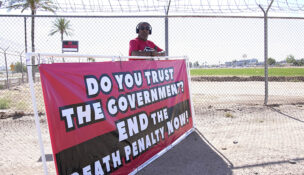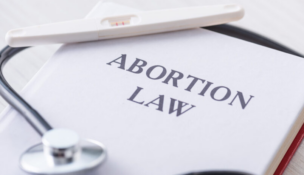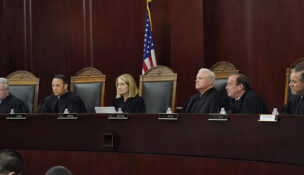AZ Supreme Court rules in expert witness case
Howard Fischer, Capitol Media Services//May 30, 2014//[read_meter]
AZ Supreme Court rules in expert witness case
Howard Fischer, Capitol Media Services//May 30, 2014//[read_meter]
Juries are entitled to hear from an expert witness on a particular type of crime even if that person knows nothing about the specific victims in the case, the Arizona...
















